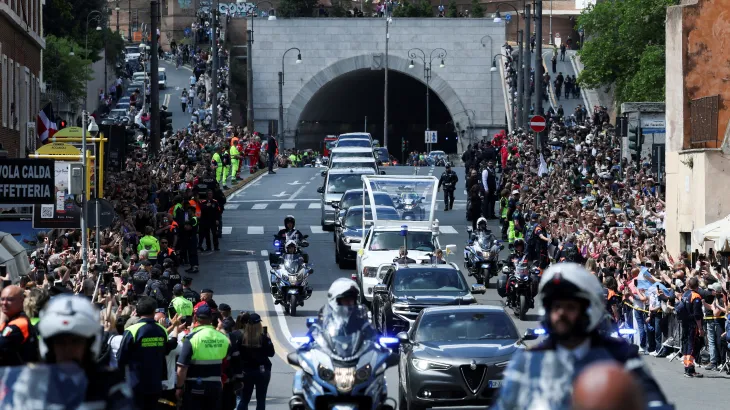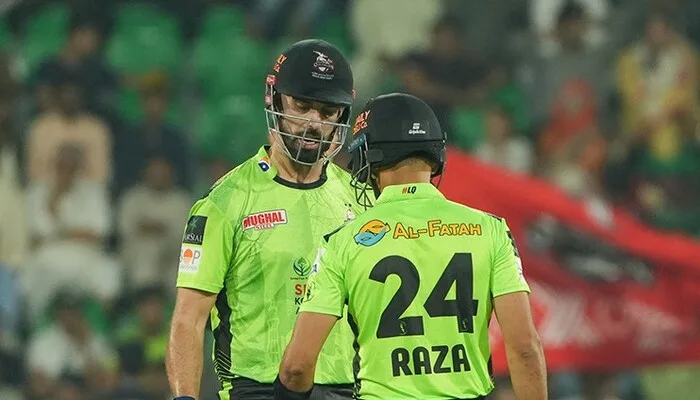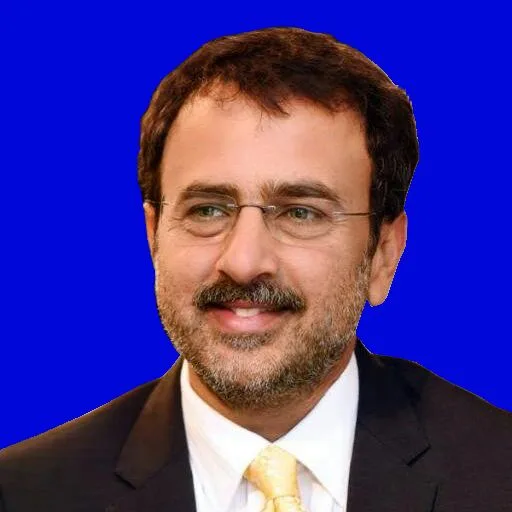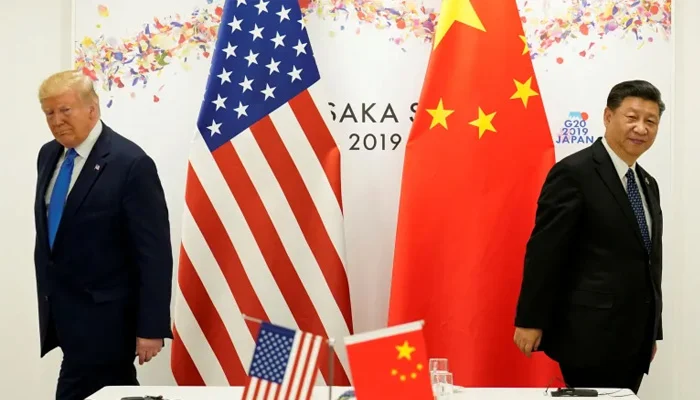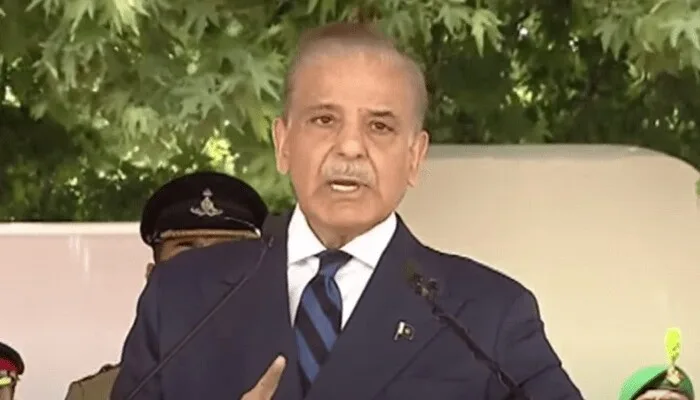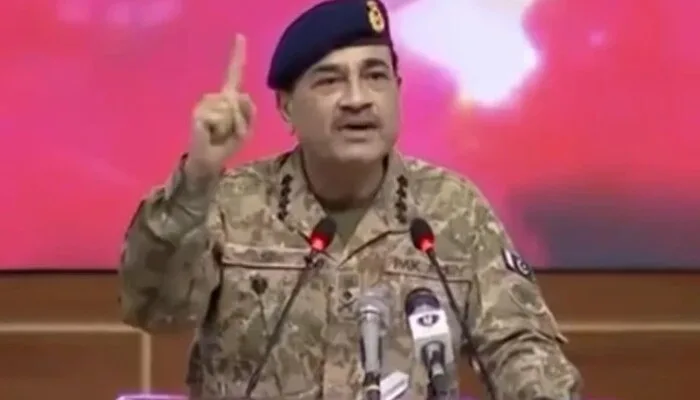Israeli Strikes on Damascus Kill 3 Civilians, Including TV Anchor
Syrian TV Presenter Among Victims as Israeli Forces Target Damascus, Heightening Fears of Wider War in the Region.
Israeli airstrikes on Syria’s capital, Damascus, killed three civilians and wounded nine others, state-run media reported. The Syrian Arab News Agency (SANA) said the strikes hit residential areas on Tuesday, causing destruction and casualties. Among the dead was a TV anchor.
SANA confirmed that Israeli forces killed Safaa Ahmad in the attack. They described the incident as “treacherous Israeli aggression” targeting the city. Social media videos show a car engulfed in flames on a street surrounded by apartment buildings. It is still unclear if Ahmad was one of the three civilians initially reported dead.
Israel has not yet commented on the strikes. Neither the Ministry of Defense nor the military responded to requests for a statement. The strikes came amid rising tensions in the region, with Israeli forces escalating their operations beyond Gaza.
At the same time, Israeli forces launched limited ground raids in neighboring Lebanon. The raids targeted Hezbollah, the armed group based in Lebanon. Lebanese authorities reported that Israeli airstrikes killed 95 people and wounded 172 on Monday.
Hezbollah’s deputy leader, Naim Qassem, responded to these actions with a warning. In his first speech since the death of Hezbollah’s leader, Hassan Nasrallah, Qassem said that their fighters were prepared for any ground invasion. “We will win, just as we won in our confrontation with Israel in 2006,” Qassem stated in a video address.
The spillover of fighting from Gaza to Lebanon and Syria has raised fears of a wider regional war. International calls for restraint have grown louder. On Monday, U.S. President Joe Biden called for an immediate ceasefire in Lebanon, highlighting the potential for further escalation.
Read: Hezbollah to Choose New Secretary-General Amid Israeli Conflict
However, Israeli Prime Minister Benjamin Netanyahu dismissed ceasefire proposals. He rejected a 21-day ceasefire suggested by the U.S., the European Union, and several other countries, including Australia. “We are continuing to strike Hezbollah with full force,” Netanyahu told reporters during his trip to New York for the United Nations General Assembly.
Netanyahu made it clear that Israel’s military operations would not end until its objectives were met. “We will not stop until we achieve all our goals,” he said, emphasizing the need to ensure the safety of Israeli citizens, particularly those in the north, near the Lebanon border.
The ongoing violence has drawn international concern. Many fear that the conflict could spiral into a larger war, pulling in other nations. While Israel remains firm in its stance, calls for de-escalation persist, particularly from world leaders seeking a diplomatic solution.
For now, tensions remain high, with no immediate signs of either side backing down. The situation in Lebanon, Syria, and Gaza continues to evolve, and the possibility of a broader conflict looms larger by the day. As both military and civilian casualties rise, the international community watches closely, hoping to prevent further bloodshed.
Follow us on Google News, Instagram, YouTube, Facebook,Whats App, and TikTok for latest updates.





